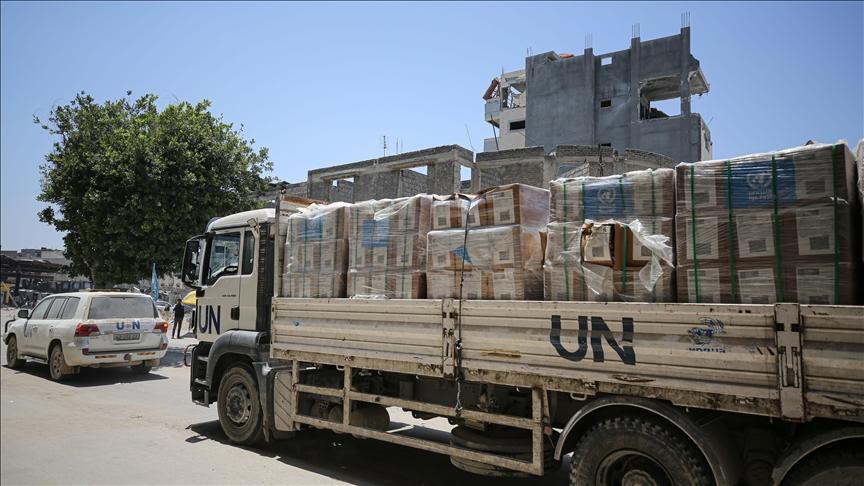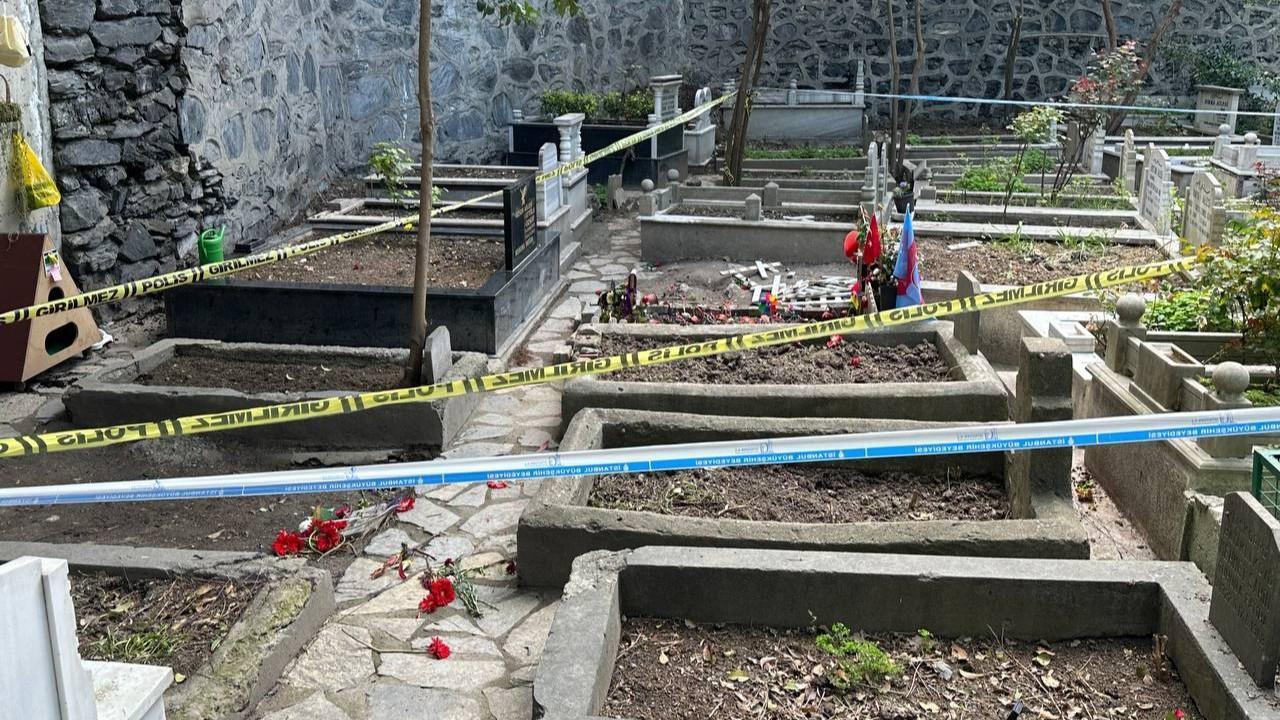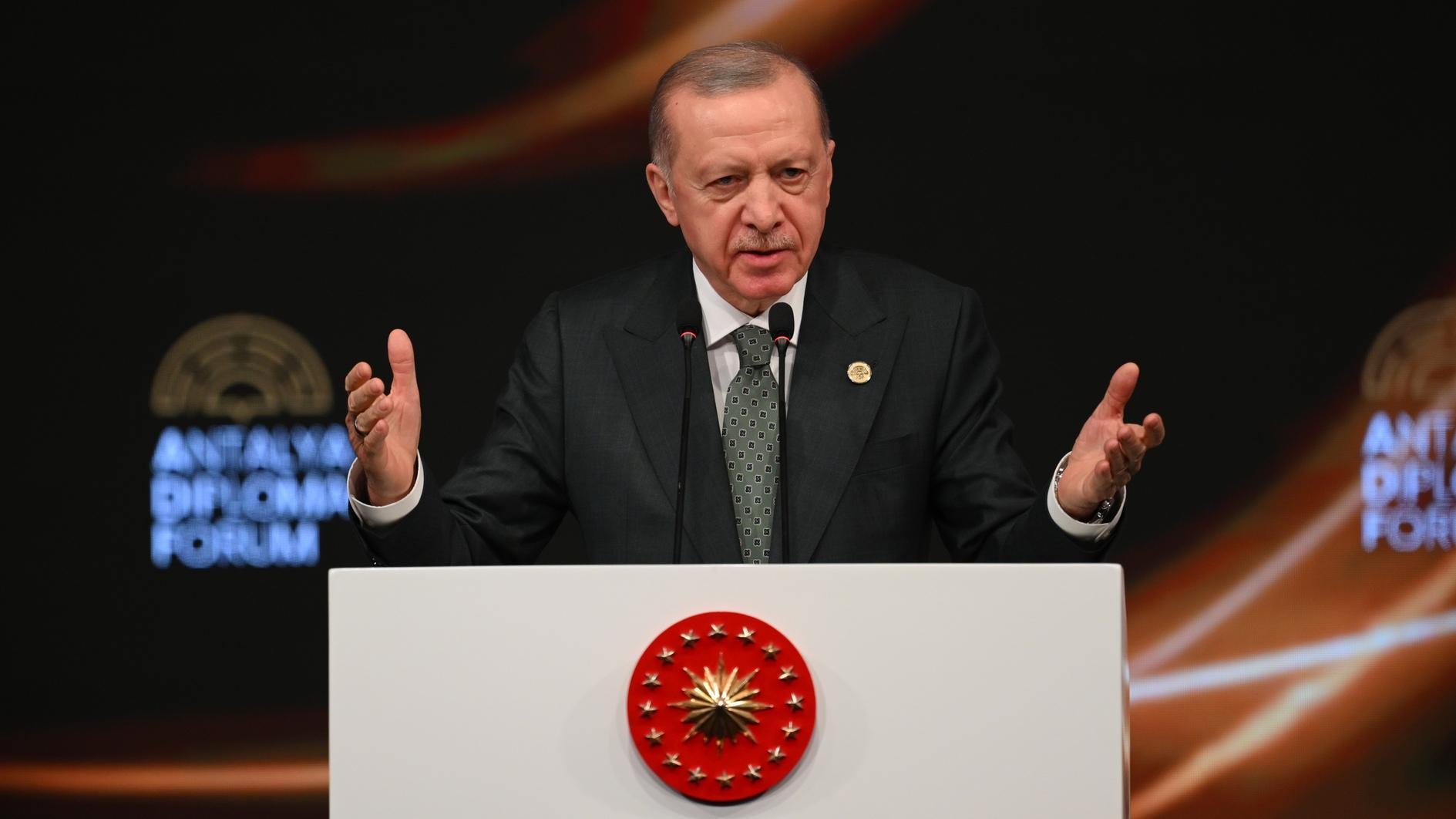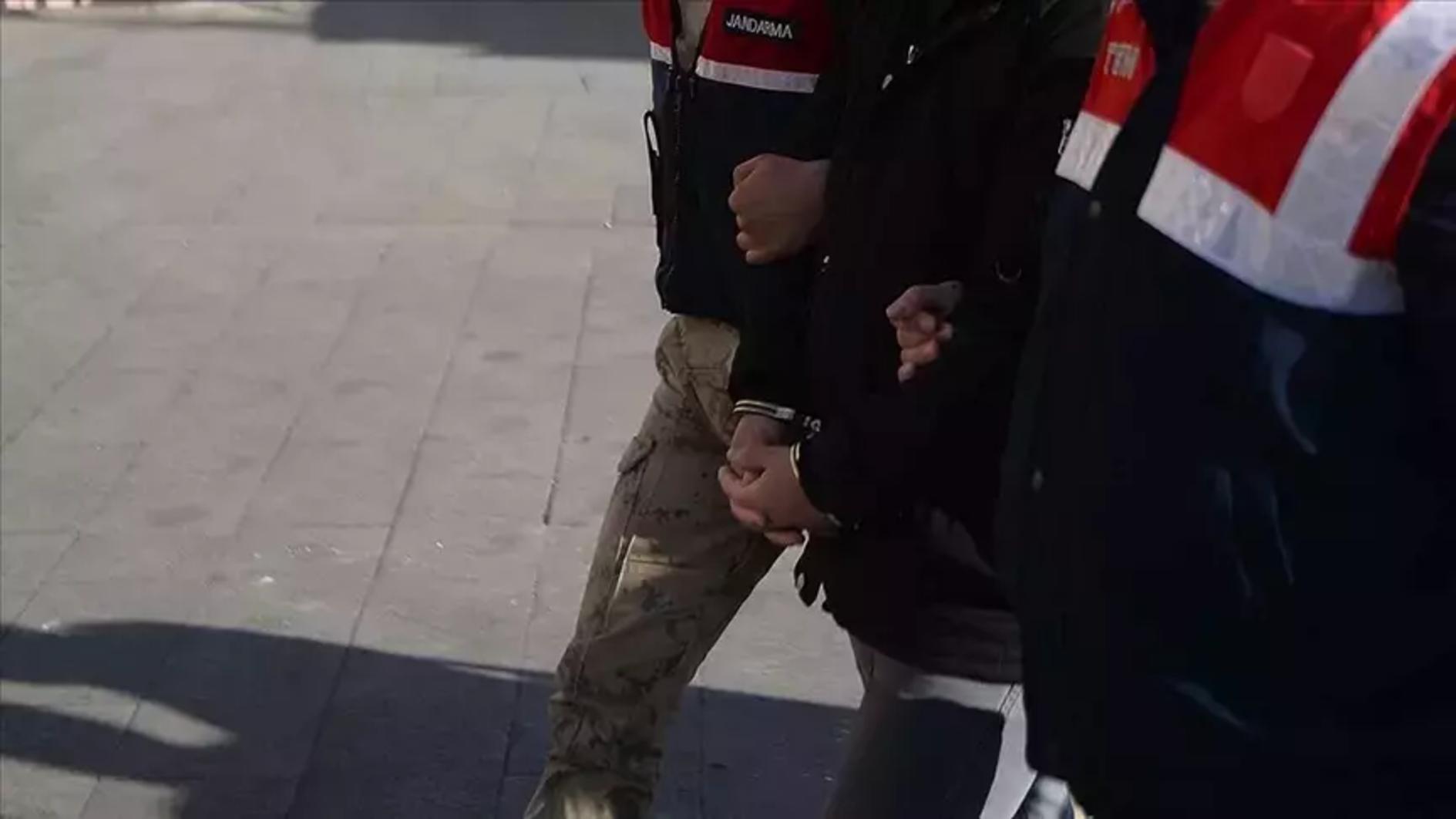The Kurdish issue can no longer wait
According to Turkish Prime Minister Recep Tayyip Erdoğan, the most important target on the hidden agenda of “those” who conspired against his government behind the Taksim wave of protests was to undermine the government’s initiative to find a political solution to the Kurdish problem. In a public demonstration on June 21 in the Central Anatolian stronghold of Kayseri, Erdoğan said “those” - without specifying who they were - hiding behind the protestors were uneasy not only because of the economic successes of the government and because his Justice and Development Party (AKP) had slammed the “elites” of the past and brought ordinary people to power, but also because there had been no clashes in the last six months due to terrorist actions.
He obviously did not mean to ignore 52 people killed in Reyhanlı by the Syrian border when two car bombs went off, or the three civilians and policemen killed during the Taksim protests. But he did mean the Kurdish problem-originating clashes which claimed some 40,000 lives in the last three decades since the outlawed Kurdistan Workers’ Party (PKK) has launched its armed campaign for an independent Kurdish state in 1984. Erdoğan was referring to the dialogue started on his orders to Hakan Fidan, the head of Turkish intelligence (MİT) to talk to Abdullah Öcalan, the imprisoned leader of the PKK, in which the Kurdish problem-focused Peace and Democracy Party (BDP) was involved later on, as a party represented in the Turkish Parliament and sharing the same grassroots with the PKK.
As a result of that dialogue, the PKK had started to pull out some of its militants in Turkey to its military bases in neighboring Iraq in early May. The PKK also activated its front organization, KCK, to tell its sympathizers why they might abandon the “armed struggle,” to which they “owe their power,” against the Turkish state, as the government recruited a group of “Wise persons” consisting of popular academics, writers as well as singers, actors and actresses to tell people that this in-family feud had to come to an end with no more bloodshed.
But the PKK’s patience is thin. Its de facto leader Murat Karayılan has been giving threatening statements from his headquarters in the Kandil Mountains of Iraq, saying that Erdoğan’s government should take immediate actions for Phase II of the process, that is to take legislative steps in the Turkish system, because he suspected that the Turkish security forces could launch an attack on them at any time.
It was not announced that the Turkish Armed Forces and police had any orders not to carry out operations against the PKK during the pull-out, but obviously they have been turning a blind eye to what is happening there. Last week the PKK militants organized a symbolic funeral for a militant who had been killed in a clash with soldiers a year ago. Around a hundred militants joined the ceremony with their guns and PKK flags, on the Turkish border, and the military did not even get close to them. On Friday, a few hours before Erdoğan’s Kayseri speech, the office of the Chief of General Staff in Ankara released a short statement saying that a military helicopter carrying top commanders on a reconnaissance mission was fired at and the helicopter had to return to base with some damage.
In the meantime, the BDP co-chairman announced again on Friday that they had started talks with the government on legal amendments, which he named as the “first meeting of Phase II.” Both the PKK and the BDP are not comfortable with the fact that both Turkish and foreign attention is diverted from the Kurdish dialogue process because of the Taksim wave of protests which has been the biggest and longest set of civil demonstrations for more democratic rights in Turkey.
Erdoğan said in Kayseri that he was going to have a final meeting with the “wise persons” and then carry on the process, which would indeed be the wise thing to do, since there is a clear accumulation of tension in that field.











